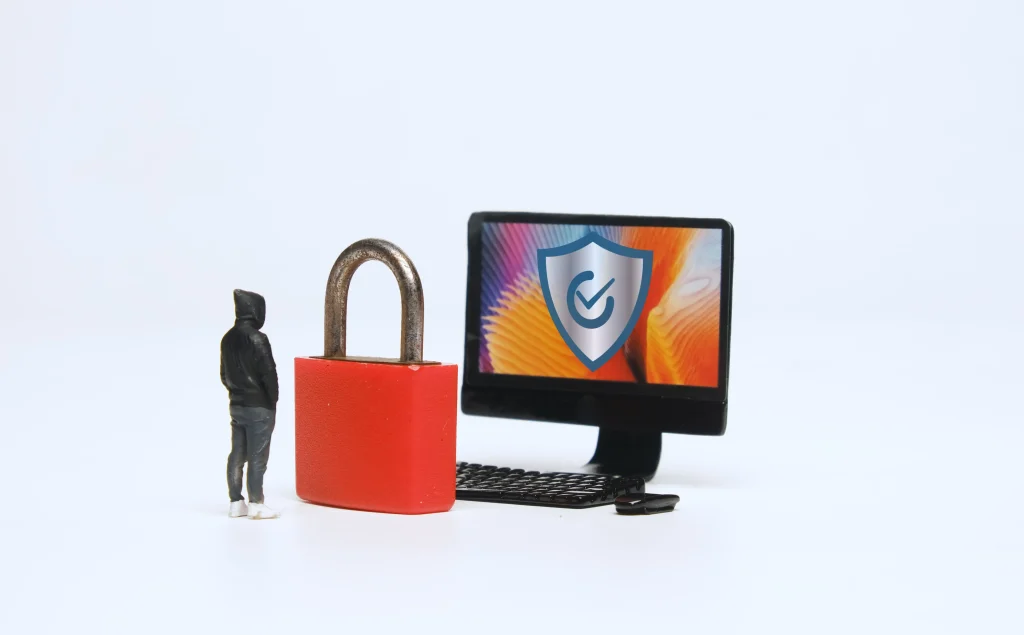In the ever-evolving landscape of business, where opportunities abound, so too do the risks. One of the paramount challenges that entrepreneurs and established enterprises alike face is the constant threat of fraud. The digital age has ushered in unprecedented convenience and connectivity, but it has also given rise to sophisticated forms of deception that can jeopardize the financial health and reputation of any business.
Businesses can prevent fraud by incorporating fraud prevention resources and strategies. By doing so, they can navigate the complex commerce landscape safely and securely and cultivate a robust defense to ensure resilience and confidence in a landscape full of unexpected challenges.
1. Efficient Transaction Monitoring
Efficient transaction monitoring is crucial not only in financial transactions but also in the real estate Philippines industry. It is a critical strategy for businesses and individuals to combat property transaction fraud. By closely observing transactions, including payments to suppliers and government dues, companies can detect and prevent fraudulent activities before they cause significant damage.

To achieve this, adopting an Electronic Statement of Account for electronic banking services is recommended. This is especially important in the real estate Philippines industry, where large sums of money are often involved. By monitoring transactions regularly and efficiently, businesses and individuals can protect themselves against fraud and ensure the financial security of their customers and investments.
2. Utilizing Tools for System Protection
Building a formidable defense against fraud involves strategically using security tools, especially in the digital age, where most transactions are online. Simple measures, such as implementing firewalls and anti-virus software, can fortify company data against external threats. Advanced fraud management tools that leverage algorithms and machine learning can be used by businesses in the real estate industry to detect fraudulent activities and suspicious patterns.
Apart from these tools, it is also crucial to utilize legitimate and credible platforms or services to ensure the integrity and privacy of online communications during financial transactions in the real estate Philippines industry. This can be accomplished by partnering with reputable banks that utilize industry-standard anti-fraud protocols.

By implementing these security measures, businesses operating in the real estate Philippines industry can significantly reduce their risk of fraud and protect their assets and reputation. It is essential to be proactive and stay vigilant against evolving threats in the constantly changing landscape of digital fraud.
Advanced fraud management tools
Examples of advanced fraud management tools that businesses can use in the real estate industry include machine learning algorithms, predictive analytics, and artificial intelligence. These tools can be utilized to detect fraudulent activities and suspicious patterns in real time, enabling businesses to take swift action and prevent further damage. Other examples of fraud management tools include identity verification software, geolocation tracking, and anti-phishing solutions.
3. Establishing Trustworthy Teams
Establishing trustworthy teams is a crucial aspect of fraud prevention in business operations. By focusing on building a team that can be trusted implicitly, businesses can significantly reduce the risk of internal fraud. This involves careful hiring practices, clear communication, and ongoing employee relationship-building.
A culture of trust can be fostered through various practices, such as involving employees in decision-making processes, recognizing and rewarding good performance, and providing opportunities for professional growth and development. By creating a sense of loyalty and responsibility among employees, businesses can encourage them to act honestly and report suspicious activity.

Businesses can safeguard themselves against financial and reputational losses caused by fraud incidents by adopting a proactive approach to fraud prevention. This involves focusing on creating reliable teams and ensuring the security of their customer’s personal information. By doing so, businesses can operate safely and with customer trust, which is crucial for long-term success.
4. Restricting Access to Sensitive Information
Any business needs to ensure a safe and secure entry to protect their employees, assets, and customers. In order to achieve this, access control systems like keycard readers or biometric scanners can be implemented. These systems allow companies to limit access to specific areas of the building to only authorized personnel. By doing so, unauthorized access can be prevented, and the risk of theft or damage to property can be minimized.
In addition, clear security protocols should be established to ensure that employees and visitors know how to enter the building safely and securely. This can include requiring identification, registering visitors, and training employees to respond to potential security threats. By implementing these measures, businesses can help ensure their employees’ and customers’ safety and security.
5. Educating Employees on Fraud Awareness
Educating employees on fraud prevention is essential to create a vigilant workforce. Training to prevent fraud and identity theft includes avoiding unverified links and not sharing personal information.
Encouraging employees to be proactive in reporting suspicious activities and providing channels for anonymous reporting can help identify potential fraud incidents early on. Regular communication and updates on emerging fraud trends can keep employees informed and vigilant against evolving threats.
Staying Alert to the Latest Fraud Trends

It is important to stay up-to-date with the latest fraud trends and tactics. Fraudsters are constantly evolving their methods and tactics in order to stay ahead of security measures, which means that businesses and individuals must also be proactive in staying informed and prepared. One way to do this is by attending conferences, seminars, and training sessions focused on fraud prevention and security in the real estate industry.
By doing so, businesses can learn about the latest threats and strategies for protecting themselves and their customers. It is also important to review and update fraud prevention strategies regularly to ensure they remain effective against evolving threats. It is important for businesses to keep communication channels open with their customers and employees as this can help detect and prevent incidents of fraud at an early stage. To stay ahead of the curve and prevent financial and reputational damage caused by fraud, businesses should adopt a holistic approach to fraud prevention. This can include ongoing education, regular communication, and updates to fraud prevention strategies.
Conclusion
The ever-present threat of fraud in the business landscape necessitates a comprehensive and proactive approach to prevention. By incorporating efficient transaction monitoring, robust security tools, and cultivating trustworthy teams, businesses operating in industries like real estate in the Philippines can significantly mitigate the risks associated with fraud. Safeguarding against external and internal threats and educating employees on fraud awareness ensures a resilient defense mechanism.
Ultimately, in the evolving digital era, protecting financial health, reputation, and personal information is a strategic imperative and a commitment to maintaining the trust of customers and stakeholders.


